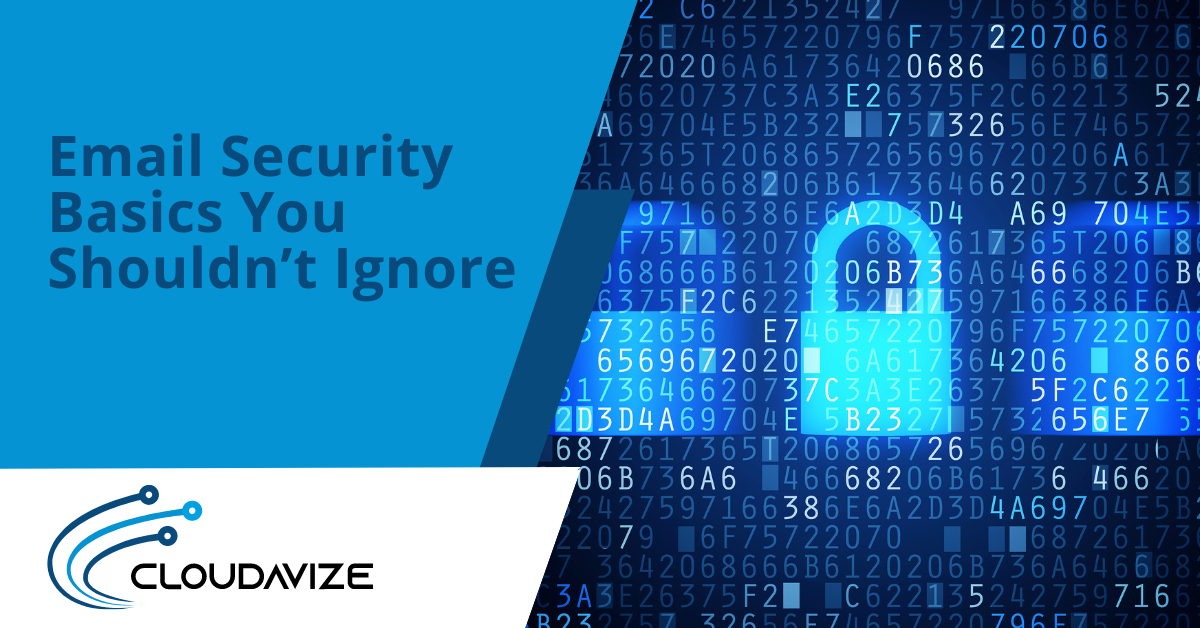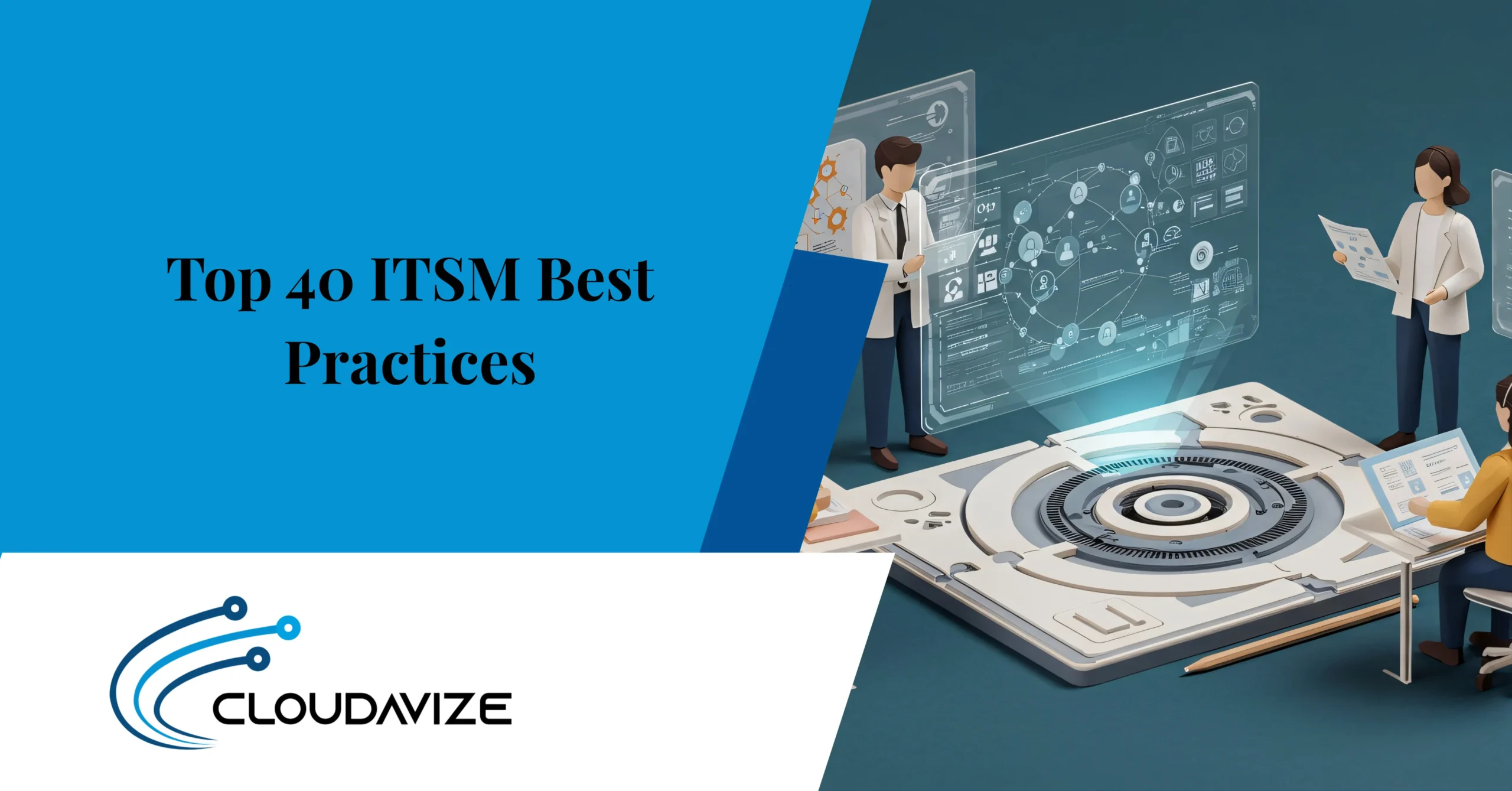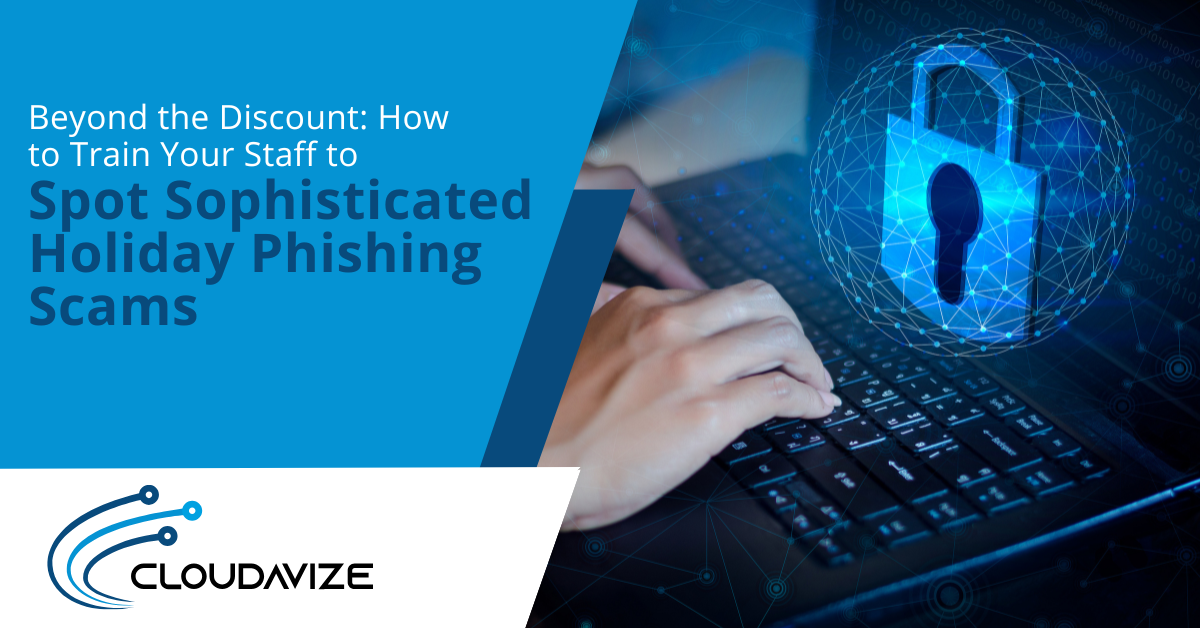In today’s digital age, email has become an integral part of our personal and professional lives. However, with the increasing sophistication of cyber threats, it’s crucial to prioritize email security. This article will explore essential email security basics that you shouldn’t ignore, helping you protect your sensitive information and maintain the integrity of your communications.
Table of Contents
Understanding the Importance of Email Security
Email security is not just a matter of personal privacy; it’s a critical aspect of overall cybersecurity. Unsecured emails can lead to data breaches, financial losses, and reputational damage. By implementing robust email security measures, you can safeguard your personal information, protect your business assets, and maintain the trust of your clients and colleagues.
Essential Email Security Practices
Use Strong, Unique Passwords
One of the most fundamental aspects of email security is using strong, unique passwords for your accounts. A strong password should be at least 12 characters long and include a mix of uppercase and lowercase letters, numbers, and special characters. Avoid using easily guessable information such as birthdays or common words.
Additionally, it’s crucial to use different passwords for each of your online accounts. This practice ensures that if one account is compromised, your other accounts remain secure. Consider using a password manager to help generate and store complex passwords securely.
Enable Two-Factor Authentication (2FA)
Two-factor authentication adds an extra layer of security to your email account. With 2FA enabled, you’ll need to provide a second form of identification, such as a fingerprint or a code sent to your phone, in addition to your password. This significantly reduces the risk of unauthorized access, even if your password is compromised.
Be Wary of Phishing Attempts
Phishing is a common tactic used by cybercriminals to trick users into revealing sensitive information. Be cautious of emails that ask you to click on links or download attachments, especially if they come from unknown senders. Always verify the sender’s email address and look for signs of suspicious activity, such as poor grammar or urgent requests for personal information.
Keep Your Software Updated
Regularly updating your email client, operating system, and security software is crucial for maintaining a strong defense against cyber threats. Software updates often include security patches that address newly discovered vulnerabilities. Enable automatic updates whenever possible to ensure you’re always protected against the latest threats.
Advanced Email Security Measures
Encrypt Your Emails
Email encryption is a powerful tool for protecting sensitive information. When you encrypt an email, its contents are scrambled and can only be read by the intended recipient who has the decryption key. Many email providers offer built-in encryption options, or you can use third-party encryption tools for added security.
Use a Virtual Private Network (VPN)
A VPN creates a secure, encrypted connection between your device and the internet. This is particularly important when accessing your email on public Wi-Fi networks, which are often unsecured and vulnerable to interception. A VPN helps protect your email communications from prying eyes and potential hackers.
Implement Email Filtering
Email filtering tools can help reduce the amount of spam and potentially malicious emails that reach your inbox. These tools use various techniques to identify and quarantine suspicious emails, reducing the risk of falling victim to phishing attacks or malware infections.
Best Practices for Business Email Security
Educate Your Employees
For businesses, employee education is a critical component of email security. Regular training sessions on identifying phishing attempts, handling sensitive information, and following security protocols can significantly reduce the risk of email-related security incidents.
Implement Domain-based Message Authentication, Reporting, and Conformance (DMARC)
DMARC is an email authentication protocol that helps prevent email spoofing and phishing attacks. By implementing DMARC, businesses can ensure that their domain is not being used for malicious purposes and improve the deliverability of legitimate emails.
Regularly Back Up Your Email Data
Regular backups of your email data ensure that you can recover important information in case of a security breach or system failure. Implement an automated backup solution that securely stores your email data off-site or in the cloud.
The Role of Artificial Intelligence in Email Security
Artificial intelligence (AI) is playing an increasingly important role in email security. AI-powered tools can analyze email patterns, detect anomalies, and identify potential threats more quickly and accurately than traditional rule-based systems. These advanced security measures can provide an additional layer of protection against sophisticated cyber attacks.
Staying Informed About Email Security Threats
The landscape of email security is constantly evolving, with new threats emerging regularly. Stay informed about the latest security trends and best practices by following reputable cybersecurity blogs, attending webinars, and participating in industry forums. This ongoing education will help you adapt your email security strategy to address new and emerging threats.
Take Action to Secure Your Email
Email security is not a one-time task but an ongoing process that requires vigilance and adaptation. By implementing the basics outlined in this article and staying informed about emerging threats, you can significantly reduce your risk of falling victim to email-related security incidents.
At Cloudavize, we understand the critical importance of email security in today’s digital landscape. We offer comprehensive email security solutions tailored to meet the unique needs of businesses and individuals. Our team of experts is dedicated to helping you implement robust security measures and stay ahead of evolving threats.
Don’t leave your email security to chance – contact us today to learn how we can help protect your valuable communications and data.



